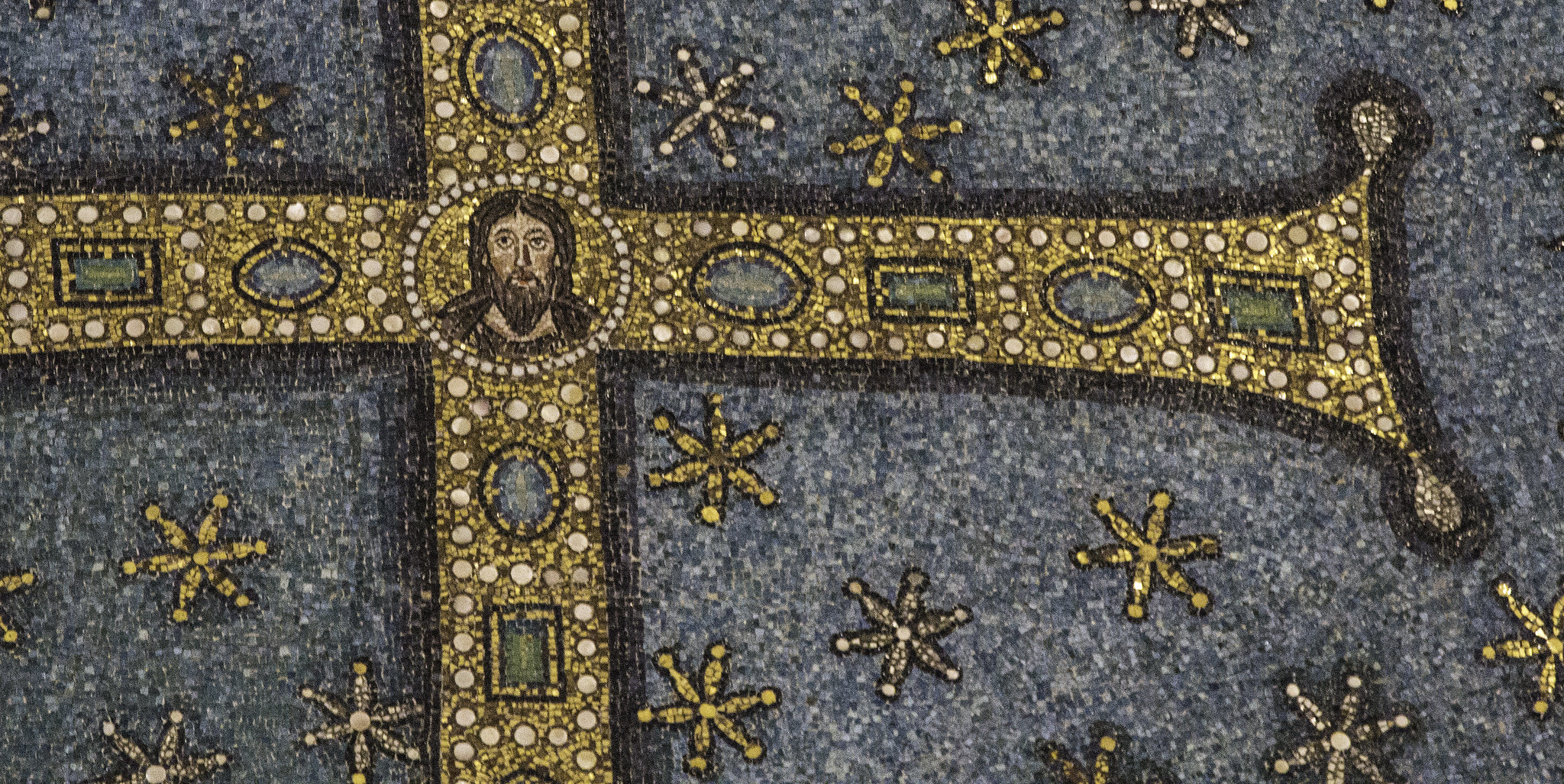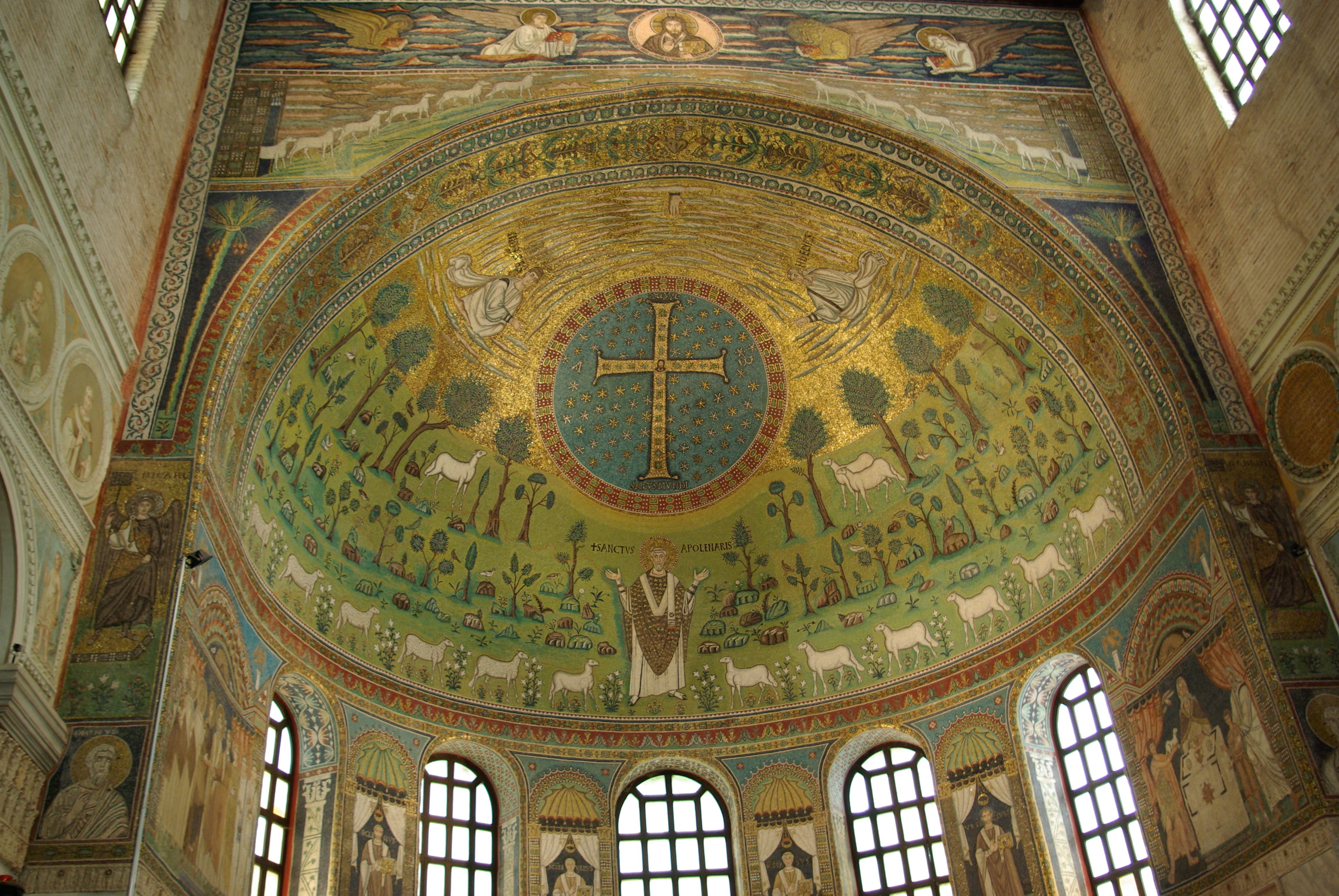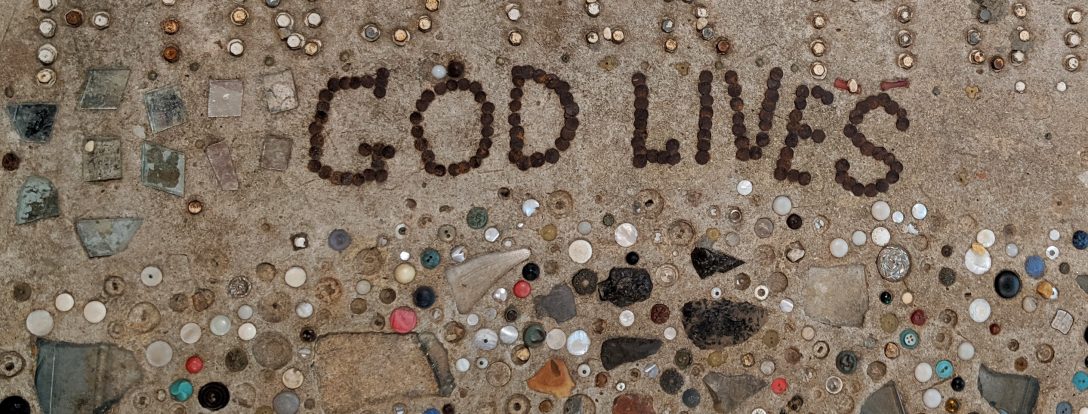
The kingdom of heaven is like a merchant in search of fine pearls; on finding one pearl of great value, he went and sold all that he had and bought it.
—Matthew 13:45–46
Jag nu den pärlan funnit har,
Som är min själs begär.
Du frågar: Vad? Hör då mitt svar:
Min Frälsare det är!
I have found the pearl of great price,
Which is the desire of my soul.
You ask, “What?” Here is my answer:
“It is my Savior!”
Trans. William Jewson
This is the first stanza of the Swedish hymn “Jag nu den pärlan funnit har” (I Have Found the Pearl of Great Price) (1849), set to a melody from Orsa, Sweden. The hymn is a translation of an English hymn written in 1683 by John Mason. Sung by soprano Margfareta Jonth, it’s the title track of the album Jag nu den pärlan funnit har…: Religious Folk-songs from Dalecarlia, released on vinyl in 1977 and on CD in 1994. The liner notes mention how it’s “much sung by the Baptists” in Sweden.
Whenever hymns are translated from their original languages, modifications to the text are often made to accommodate the meter and end rhyme in the new language. That’s why I’ve provided William Jewson’s literal translation of the Swedish—taken from the liner notes.
Isn’t this song just lovely? I’ve paired it with a Late Antique mosaic from a basilica in northern Italy, showing Jesus’s head at the center of a golden, bejeweled cross. He’s framed by (tesserae-rendered) pearls, suggesting that he is the “pearl of great price” from Matthew 13. This detail is part of a larger Transfiguration scene of sorts (see below).
The parable of the pearl of great price comes from a longer teaching of Jesus’s that compares the kingdom of heaven to a field sown with wheat, a mustard seed, yeast, a buried treasure, and a fisher’s net—images of growth, expansion, value, or ingathering.
To say the kingdom of heaven is like a fine pearl for which a merchant sells all he has is not to suggest that we can buy our way into God’s kingdom; it simply emphasizes the supreme value and desirability of that kingdom. It’s worth everything. We have to go all in—heart, mind, and soul. Sometimes that does mean relinquishing material goods and assets. Wealth can be an impediment to following Jesus if it’s where we place our ultimate love, loyalty, identity, or trust.
Jesus is a gem who wants to be found and cherished. May we be like the merchant, searching and finding, and rejoicing in finding, and willing to give up all to gain Christ.

